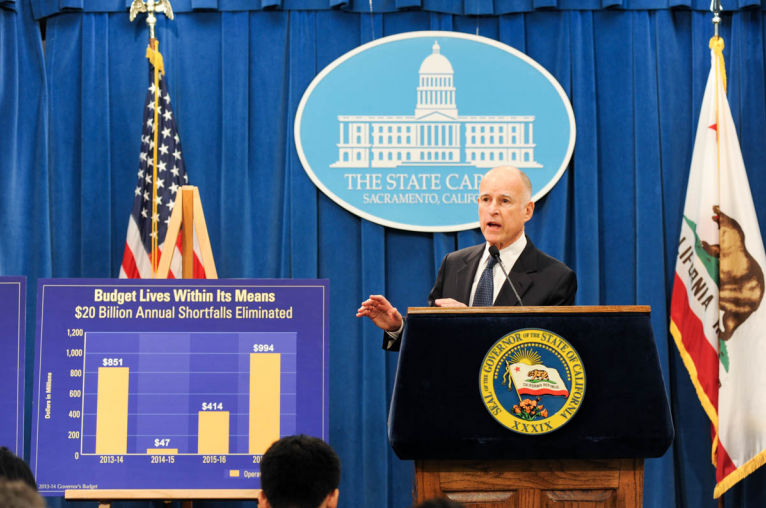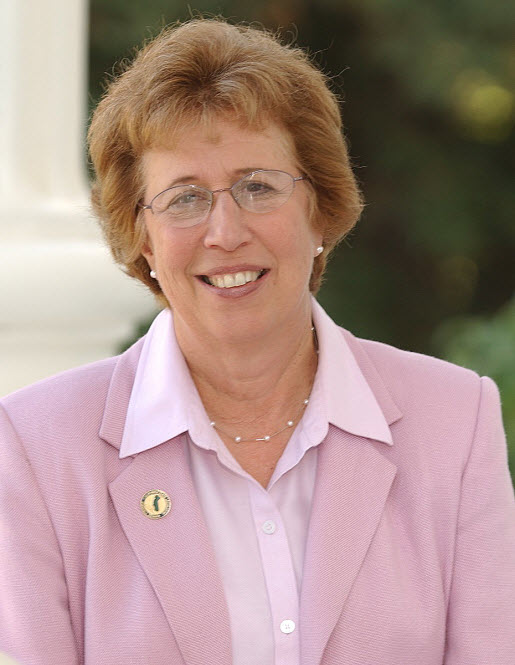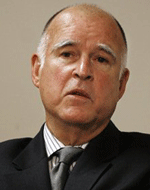$330 Million Dollar Deal to Bring Broadband and Digital Literacy to Rural Communities
(From Press Release) AB 1665, Joint-Authored by several bipartisan Assemblymembers, including Cecilia Aguiar-Curry (D – Winters), Eduardo…
(From Press Release) AB 1665, Joint-Authored by several bipartisan Assemblymembers, including Cecilia Aguiar-Curry (D – Winters), Eduardo…
Vanguard Board Member Leanna Sweha met with newly-elected Senator Bill Dodd in his Capitol Office on Thursday,…
Newly elected Assemblymember Cecilia Aguiar-Curry sat down with Leanna Sweha of the Davis Vanguard for an interview…
By Vanguard Editorial Board On Thursday March 17, the Editorial Board for the Davis Vanguard met with…
When a small group of activists in 2014 proposed a $15 per hour minimum wage, it seemed…
CalPERS contribution rates will rise more than nine percent, a move that experts project will cost state…
In a release on Monday, the League of California Cities stated that it has “engaged in numerous…
It will likely take some time to figure out the ramifications for cities like Davis, who are…
It has been three years since the effective death of redevelopment when the state eliminated its redevelopment…
A budget deal was reached on Sunday night, about six hours before the deadline that in the…
by Assemblymember Mariko Yamada Rural Californians face challenges that differ from residents in urbanized areas. Along with…
by Buddy Magor The economy is picking up steam. State, city and county employees have willingly accepted…
On Thursday, the governor rushed out his proposed 2014-15 budget as the proposal had been prematurely leaked. …



“The Pension Reform Act of 2014 would amend the California Constitution to give government agencies clear authority to negotiate changes to existing employees’ pension or retiree healthcare benefits on a strictly going-forward basis,” a release stated on Tuesday. “The measure explicitly protects retirement benefits government employees have already earned, while allowing benefits to be modified for future years of service.”



The question at hand, “Did Proposition 13 help create the conditions that have contributed mightily to those unfunded liabilities?”


However, the legislation has proven to be troublesome. A similar bill was vetoed back in 2011.


For those caught off-guard by this news, perhaps they shouldn’t have been, as it was in line with the analysis from the LAO (Legislative Analyst’s Office) back in November 2012.


Governor Jerry Brown announced on Thursday that he is putting forth a balance budget “that boosts investment in education, implements health care reform and keeps California on a long-term path to fiscal stability. This budget builds on the work of the last two years to eliminate the ongoing deficit.”
“The budget cuts made in the last two years and the passage of Proposition 30 make it possible to both live within our means and to increase funding for education,” said Governor Brown.


Last week marked the beginning of the new legislative session and Senator Lois Wolk introduced SB 33, a measure which would “update Infrastructure Financing District law, to make it a useful tool to help cities maintain, repair, and rebuild critical infrastructure and create economic development in their communities.”


Governor Brown and Democratic leaders on Tuesday outlined their compromise proposal for what they are calling “a sweeping pension reform agreement that saves billions of taxpayer dollars by capping benefits, increasing the retirement age, stopping abusive practices and requiring state employees to pay at least half of their pension costs.”
“These reforms make fundamental changes that rein in costs and help to ensure that our public retirement system is sustainable for the long term. These reforms require sacrifice from public employees and represent a significant step forward,” said Governor Brown.